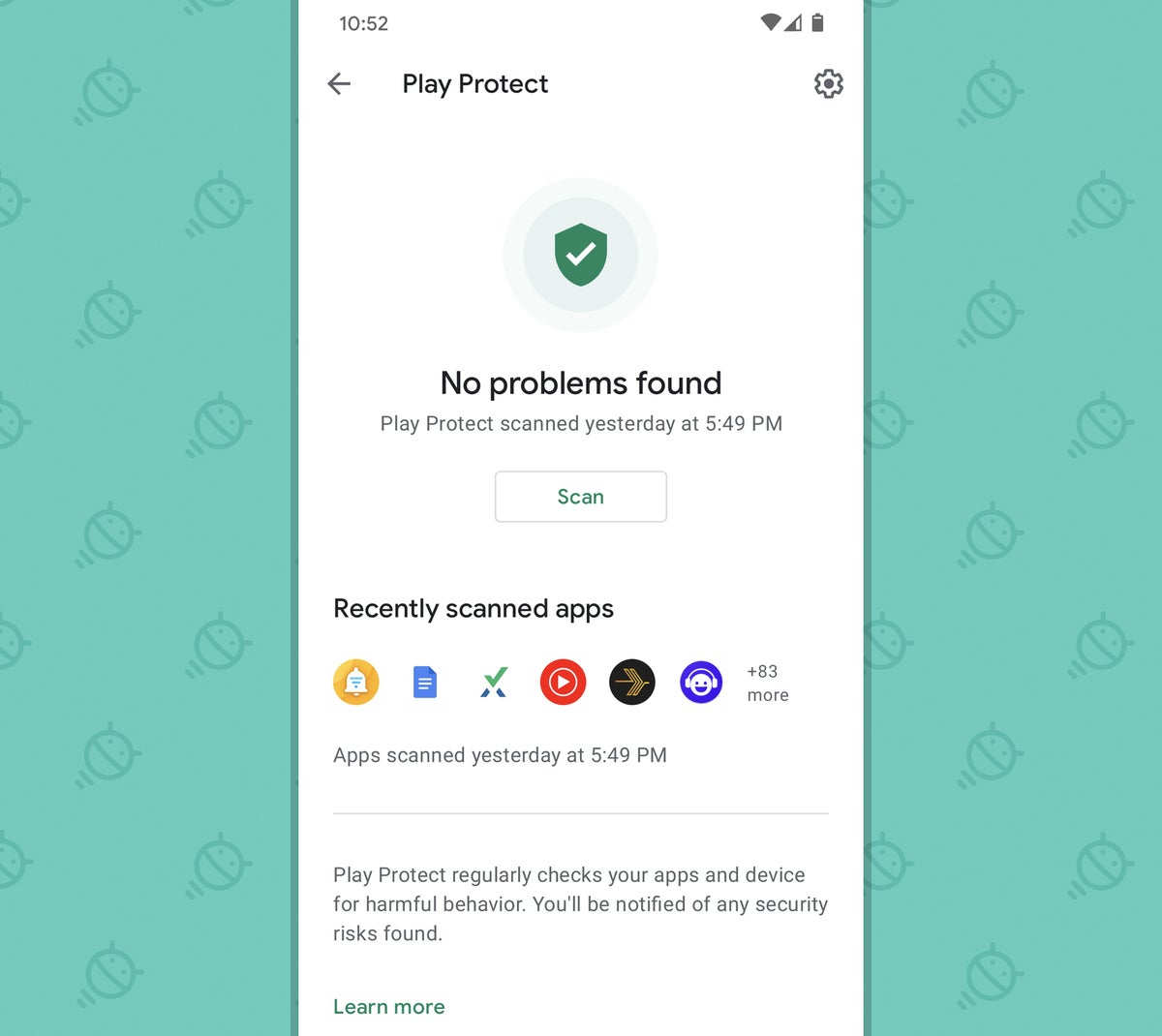Try RescueTime for free today! When we looked at the data of 11, users who actively use the RescueTime app , we found that most people , on average, spend 3 hours and 15 minutes on our phones. In fact, we found that most people spend slightly more time on their phones during the week than on weekends.
And while a recent Deloitte survey found the average American checks their phone 47 times a day, our number was slightly higher. We found that, on average, users check their phones 58 times a day with 30 check-ins happening during working hours 9am—5pm. Most people spend about 1 minute and 15 seconds on their phone each time they pick them up.

As we said before, context switching can be incredibly disruptive to our productivity. Back in , researchers Victor M. And this was before the first smartphones. But while the sessions themselves are short in duration, they can set off a chain reaction of events that take over our days. Nothing urgent. But you respond to it anyways. Ok, good. Distraction avoided.
Time to get back to work. But 2 minutes later, BUZZ —a follow-up question. If this back and forth goes on for the next minutes or longer, depending on the delays between responses how can you be expected to stay focused? In fact, a recent study in the Journal of the Association for Consumer Research found that even the presence of a turned off smartphone lowered our cognitive performance.
Development resources
In other words, just having your phone around undercuts your ability to do good work. If you want to take control of your screen time, keep your phones for their benefits, and mitigate the distracting features, there are a few simple methods you can try. For more, check out our roundup of our 6 Best Pieces of Advice on Building a Better relationship with your phone. By far, the biggest time sucks on our phones are social apps like Facebook, Instagram, and Twitter. These apps are just too easy to spend minutes or hours on.
I did this with Instagram on my phone and instantly felt a sense of relief! Instead, try moving all unnecessary or distracting apps off your home screen and to the 3rd or 4th one instead. Keep the things that genuinely help you—maps, your camera, messages—but get rid of anything distracting.
How do I find a photo I sent or received in Skype? | Skype Support
Who decides when you use your phone? You, or it? In most cases, it controls the relationship. Sign in to your Google account on a browser on iOS or your desktop, or through the Android settings menu.
- How do I find a photo I sent or received in Skype?.
- Skype for Windows, Mac, Linux, Web, and Skype for Windows 10 (version 15)!
- 1. Tweak your phone's location settings.
In fact, the setting sits right above the Location History option, suggesting at a glance that the two things are quite distinct. For example, you may stop seeing more relevant search results or recommendations about places you care about. Even when this setting is paused, Google may temporarily use information from recent searches in order to improve the quality of the active search session.
How to use GPS to locate things and track people
Google told the AP that it provides "clear descriptions of these tools," but it takes eight taps on an Android phone—if you know exactly where you're going—to even access that description to begin with. As the AP notes, most people who explicitly turned off their Location History tracking, as WIRED and many other privacy conscious publications have advised people to do, would have assumed they had already taken all steps necessary to keep their location private.
As well they should. Google itself offers at least three support pages on location: Manage or delete your Location History , Turn location on or off for your Android device , and Manage location settings for Android apps. In spite of this, a Google spokesperson told WIRED that "we make sure Location History users know that when they disable the product, we continue to use location to improve the Google experience when they do things like perform a Google search or use Google for driving directions.
Shankari in a blog post that first alerted the AP to the problem. Beyond creepiness, though, Google's location-tracking may also violate the Federal Trade Commission's consumer protection statutes against deceptive privacy practices. I really think that the FTC needs to investigate right away," says Butler. In , the agency famously settled with Facebook over the social media giant's inability to keep privacy promises to consumers.
As part of that deal, Facebook agreed to a consent decree in which it promised to reform how it tracked and shared user data. That decree has been in the news lately, after the FTC opened a new investigation this spring into whether Facebook's data sharing with Cambridge Analytica violated its settlement.
How to track a phone using Android or iOS
The FTC has more recently penalized Uber, Vizio, the phone maker Blu, and many others for misleading customers about how their data was collected, stored, and shared. Former FTC chief technologist Ashkan Soltani noted in a tweet that Google's "confusing privacy dialogue" may merit a closer look from the agency.
- Hack Childs Missing iPhone?
- Your smartphone is tracking you: How to stop it from sharing data, ads.
- Related Articles.
The revelations are likely to touch off a firestorm for Google. For now, the best thing you can do is navigate through your labyrinthine settings, and hit "pause" on something you likely thought you'd already stopped.
